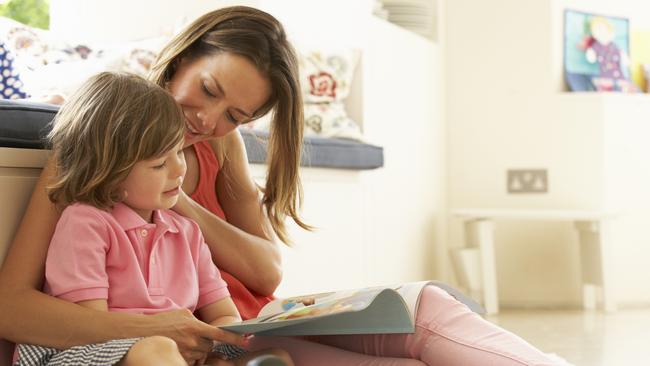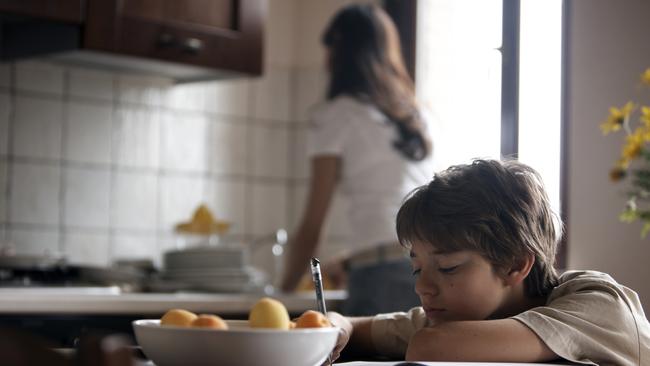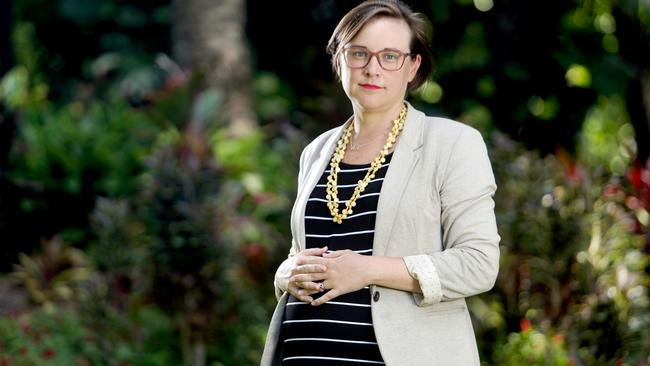Mums: Get out of the house and into workforce
HOUSEWIVES are a drain on Australia’s economy and should get to work for their own benefit and the good of the country, provocative new research claims.

NSW
Don't miss out on the headlines from NSW. Followed categories will be added to My News.
HOUSEWIVES are a drain on Australia’s economy and should get to work for their own benefit and the good of the country, provocative new research claims.
The Organisation for Economic Co-operation and Development’s (OECD) landmark employment study has singled out stay-at-home mums as the “greatest untapped potential’’ for Australia’s workforce and flags “potentially large losses to the economy’’ when women stay home to care for kids.
Paid work is also “important for women’s personal wellbeing and perceptions of their overall quality of life’’, the report says. The OECD found young Australian women are better educated than men — nearly 54 per cent of women aged 25 to 34 have a university degree, compared with 43 per cent of men.

“One of the areas of greatest untapped potential in the Australian labour force is inactive and/or part-time working women, especially those with children,’’ it says. “There are potentially large losses to the economy when women stay at home or work short part-time hours.’’
It says half of single mothers do not have paid work, while 45 per cent of working mums with partners have part-time jobs, averaging 20 hours a week.
The release of the report coincides with a campaign by The Parenthood for the federal government to boost childcare subsidies.
Despite promising higher subsidies in its last two federal budgets, the Turnbull government is refusing to increase them until the Senate stops blocking cuts to Family Tax Benefits.
The Parenthood executive director Jo Briskey said some mothers were stuck at home or working part-time because they could not find or afford childcare.

“Women need flexible work arrangements and a supportive workplace that helps them meet their responsibilities at work and home.’’
Ms Briskey said some women chose to stay home to care for children, sick or disabled family members or elderly parents.
“It’s very important that woman have the choice,” she said.
“If they want to stay home it’s an incredibly important job looking after kids — not just for the family but to build society.’’
The OECD also says middle-aged Australians should face the same strict work-search rules as young people on the dole.
The Organisation for Economic Co-operation and Development (OECD) has criticised a loophole that lets the over-50s get the dole by volunteering for 15 hours a week, instead of job-hunting.
Young jobseekers must look for work — applying for 20 jobs each month — even if they spend time volunteering or studying.
One in 10 unemployed Australians is over-55 — and a third have been out of work more than year.
The OECD says that older jobseekers should have to seek work in the same way as young people on Newstart.
“Given the less stringent participation requirements, lower job-finding rates for older unemployed are likely to prevail in Australia,’’ it says.




